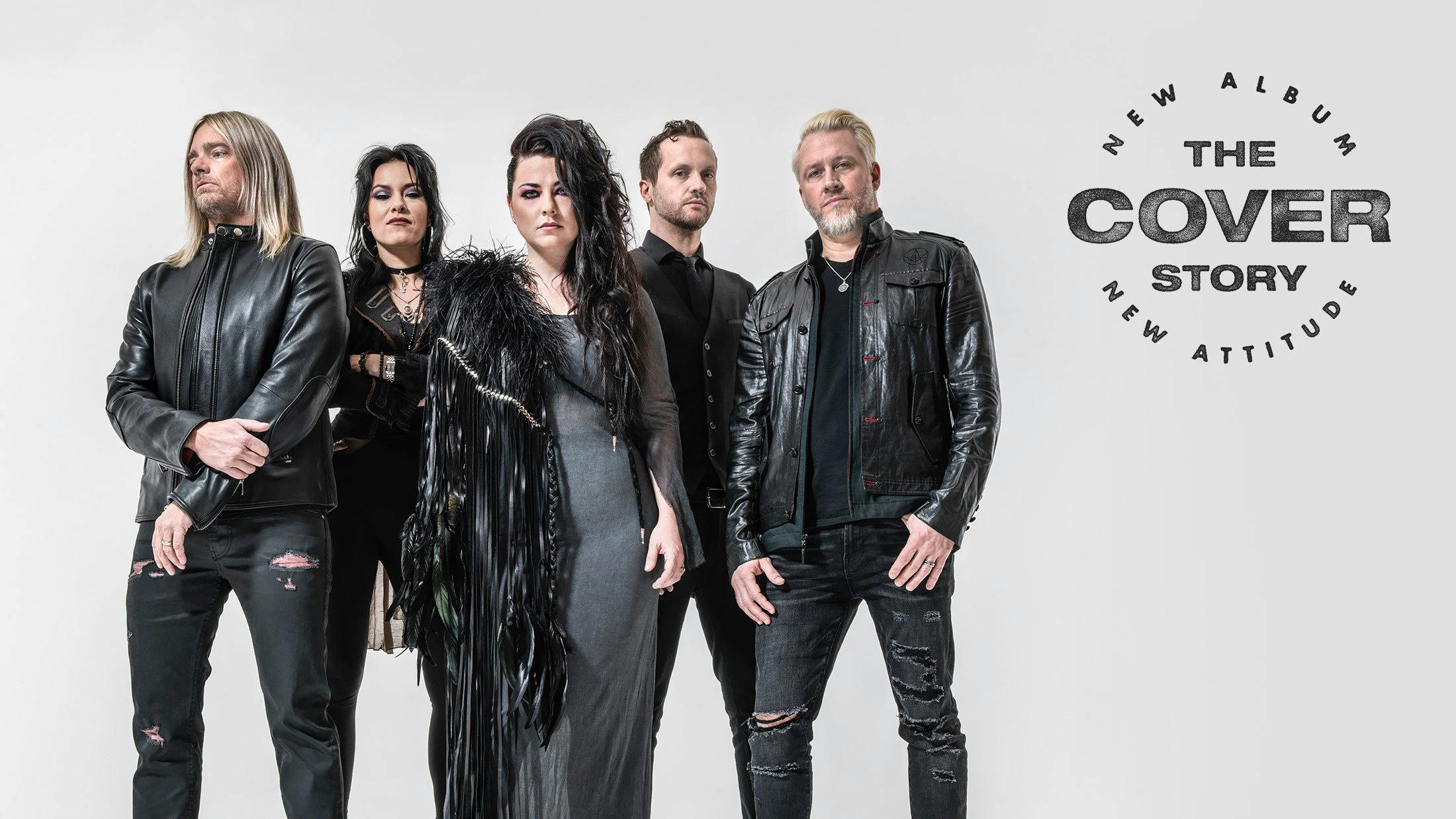“Me being gracious, humble, forgiving, and happy to have had all the incredible success is awesome, but it’s not helping any of the other women who can’t break down the door,” she says. “If I’m not honest about the fact that it wasn’t easy, and there are extra barriers, and there are just things about being a woman in the rock industry that aren’t even, then I’m doing a disservice to the other women, myself, and our future.”
Far from a disservice, however, one of the most overlooked aspects of Evanescence’s impact on rock is, well, just how big an impact they actually had on the next generation of bands. Taylor Momsen was just a kid when her father bought her the band’s debut Fallen.
“As a nine- or 10-year-old girl, I looked up to Amy,” Taylor tells K!. “And if you listen to the music that came after her you can easily hear the direct influence she had. There was just nothing like it, a beautiful dark female operatic singer with metal and pop elements. It was captivating.”
A few years down the line, The Pretty Reckless’ first opening tour was provided by – you guessed it – Evanescence. Now, in 2020, Taylor, alongside Halestorm’s Lzzy Hale, Within Temptation’s Sharon den Adel and more, appears on the backing chorus of Use My Voice.
“Whether she knows it or not, Amy had a huge influence on how I would handle my career from the time I met her,” reflects Taylor.
Very much on the same page is Lzzy, who also appears on Use My Voice. As with the rest of the world, the Halestorm leader discovered Evanescence when Bring Me To Life had a vice grip on airwaves. At the time, Lzzy says she didn’t relate to “normal” girls – she even went through “interventions” at school because she insisted on wearing black and listening to Alice Cooper.
“Amy embodied and represented all the girls that were just like me,” she explains. “She was, and is a voice, for our generation. Up until her, I had to reach back to my parent’s generation of women in rock for inspiration. When Amy broke the mould, I knew the door was wide open for all of us to walk through.”
This is a legacy Amy is deeply proud of, and one she very much intends to build upon. She can barely hide her excitement as she talks about working with them on Use My Voice.
“Feeling their support, their love and hearing their voices with me makes me stronger,” she beams. “The more of us there are, the more there will be. When I first went on tour, to a festival, on TV, there were no women. And now there are, both behind the scenes and onstage. That gives me hope.”
